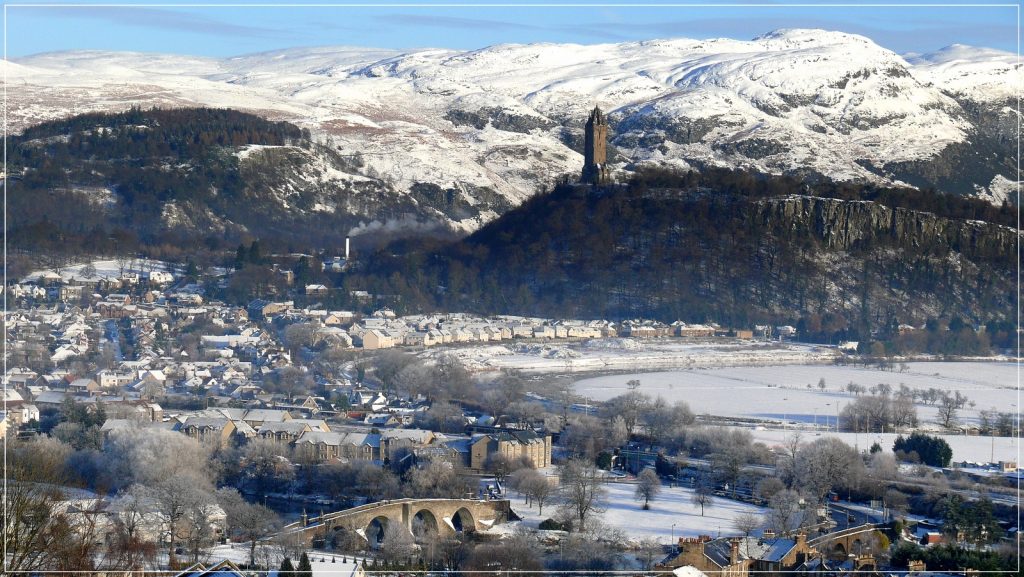It is expected that users will propose their own research projects and will be supported in carrying them out independently if they wish. The senior scientists at the Institute of Aquaculture will, in discussion with applicants and AQUAEXCEL facilitators, determine whether the available facilities are appropriate and available for the planned research. If appropriate facilities are available the most suitable time for the visit will be determined given the needs of the visiting researcher, the project itself, other demands on the facilities and staff and the degree of support required.
Each user will receive access to all necessary live animals, equipment and consumables to complete their research project, as agreed in their project proposal. In addition, users will be provided with any necessary technical assistance, training and advice on methodologies, experimental design and data analysis. Users will have access to full office facilities and will be able to access the University of Stirling central IT and library facilities. Users may also be able to access remote facilities, including commercial aquaculture sites, research vessels, or other laboratories.
Every effort will be made to accommodate visits at times suitable for applicants and when facilities, experimental animals and staff are available. In most cases we have found that visiting scientists wish to undertake joint research with Institute of Aquaculture staff and that this collaboration will often continue beyond Transnational Access Programme, thus further developing networks of European researchers in aquaculture. In our experience, the majority of visitors to the Institute have carried out research which has led to substantial publications in peer-reviewed journals.

Institute of Aquaculture hosts a large number of visiting researchers and is therefore experienced in providing support and assistance particularly to younger researchers. All visiting scientists are associated with a senior member of staff who assists them in developing their research and dealing with administrative matters. As necessary, other staff will be allocated to help with general scientific matters and laboratory and aquarium work. Specialist technical assistance is available in all areas, including aquaria. In general, visitors will be invited to work in one of the three active groups that cover most aspects of research devoted to developing a sustainable aquaculture sector globally. Depending on the nature of the study, we can offer multidisciplinary research collaboration opportunities (https://www.stir.ac.uk/research/research-themes/) that are unavailable in many other Institutions. Visitors are encouraged to present seminars on their research and to participate in the Institute’s ongoing program. The Institute has an active programme to promote Equality Diversity and Inclusion at every level.
Preparing for your visit
- TNA Agreement
- We use the standard AQUAEXCEL Term Sheet to help ensure there is good communication and understanding between all involved. This should include consideration of what expenses are included, what training and technical support will be provided and provisions if the timing of the access needs to change
- Ethics clearance
- All research at the Institute of Aquaculture will require both AQUAEXCEL and University of Stirling ethics clearance. IoA staff will submit the appropriate ethics documents once sufficient information about the research is available. No research can commence until ethics approval is confirmed, so please ensure this is done prior to arranging travel.
- Arranging Internet and local network access
- The University of Stirling is a member of Eduroam, so many academic visitors will have immediate access to the Internet via our campus-wide WiFi network. Instant sign-up guest access is also available. For access to internal network facilities there is a request form which needs to be completed and approved – the TNA Manager or host academic can help arrange this.
- Accommodation arrangements
- There are no specific accommodation arrangements for TNA visitors. The TNA manager or host academic will be able to provide advice in line with the available budget. A variety of student accommodation is available between June and August, but not usually at other times of year.
- Travel to Stirling
- Guidance on travelling to Stirling is provided on the University website. To ensure eligibility of expenses you should choose the most economical route available.
- Health and safety
- Appropriate health and safety training will be arranged as part of the induction process. This needs to be completed along with a health and safety checklist prior to commencing any research activities.
- Induction procedures
- On arrival you should be given a short tour of the Institute and particularly the facilities relevant to your visit. You will also be introduced to key staff and asked to undertake any necessary health and safety training.
- Publicity
- We encourage TNA visitors to contribute blog articles to this website throughout their project. We also encourage you to present something about your work at one of the Institute of Aquaculture’s research seminars. Dissemination is also encouraged through the AQUAEXCEL project (e.g. newsletters) and social media, which includes a requirement to record a short video of your visit for use on the AQUAEXCEL website.
- Key contacts
- For further information about TNA at the Institute of Aquaculture please contact the TNA Manager – Dr Amaya Albalat
- Payment of expenses
- Travel and subsistence expenses that have been previously agreed within the framework of the AQUAEXCEL project and TNA budget will be covered according to the guidelines below.
